A well-known saying goes, “If you’re not moving forward, you’re falling behind.” Therefore, to remain relevant in the business world for decades, one must continue to develop new solutions and sometimes even recalculate and make bold decisions along the way. Today, we are celebrating our 45th anniversary, and we also had a few bold decisions that paid off along the way. Over the years, our small company from northern Israel has built a reputation with its precise weighing, dosing, and blending solutions, as well as inline color quality control devices. This reputation led one of the world’s largest masterbatch manufacturers to acquire us a few years ago.
In 1979, “LIAD Electronics” was established, specializing in weighing products for various industries such as chemicals, food, quarries, and concrete. Later, in 1991, our company was re-established as “LIAD Weighing and Control Systems.”
Until the late 1990s, we mainly developed weighing and control equipment, along with a software used for filling multiple materials. There was no particular focus on the plastics industry in which we specialize today.
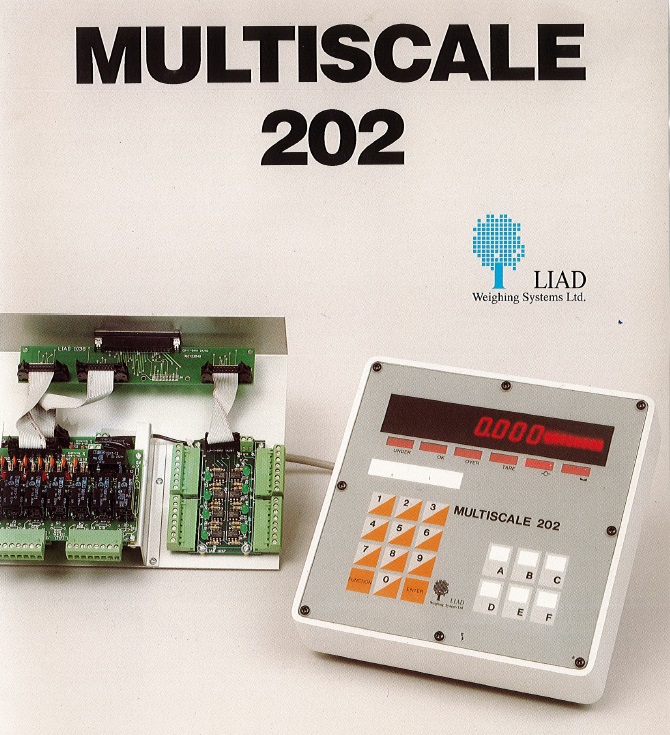
LIAD’s Multiscale 202
In the early 2000s, we finally turned to the plastics industry. Our first venture in this field was the ColorSave 1000 – a first-of-its-kind patented single component masterbatch & additive gravimetric feeder, designed for injection molding machines. The feeder’s success has kept it in the company’s catalog to this day. Over the years, it has also undergone several improvements, and today it comes with many features such as our venturi emptying system, for quick and easy maintenance and cleaning when switching colors and materials.
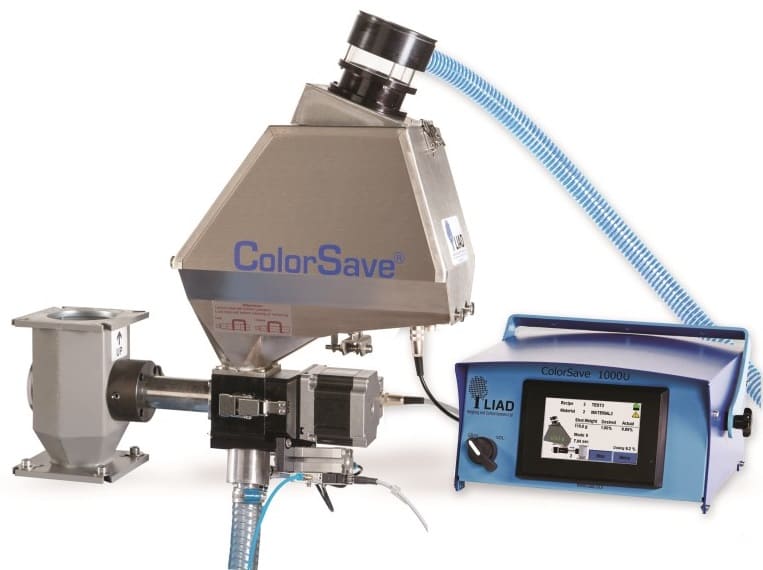
ColorSave 1000X
Due to our success in the plastics industry, we eventually made the decision after a few years to exit the various industries we had been working with and focus solely on the local and international plastics industry. “We wanted to move away from industries with many competitors and focus on industries where we have a relative advantage. The choice of plastics was natural,” says Eli Margalit, VP of R&D and the longest-serving employee at LIAD.
In addition to weighing solutions, over time, we have expanded to blending and dosing solutions of an increasing number of materials and blends used in plastic production. In 2003, PelletSave was developed, a unique central system that allows the preparation of different doses through sequential weighing for up to 50 processing machines. No more need for multiple blenders for each machine separately. This development drove the trend towards central systems, and following it, we also launched BlendSave, which allows the preparation of different doses through simultaneous weighing.
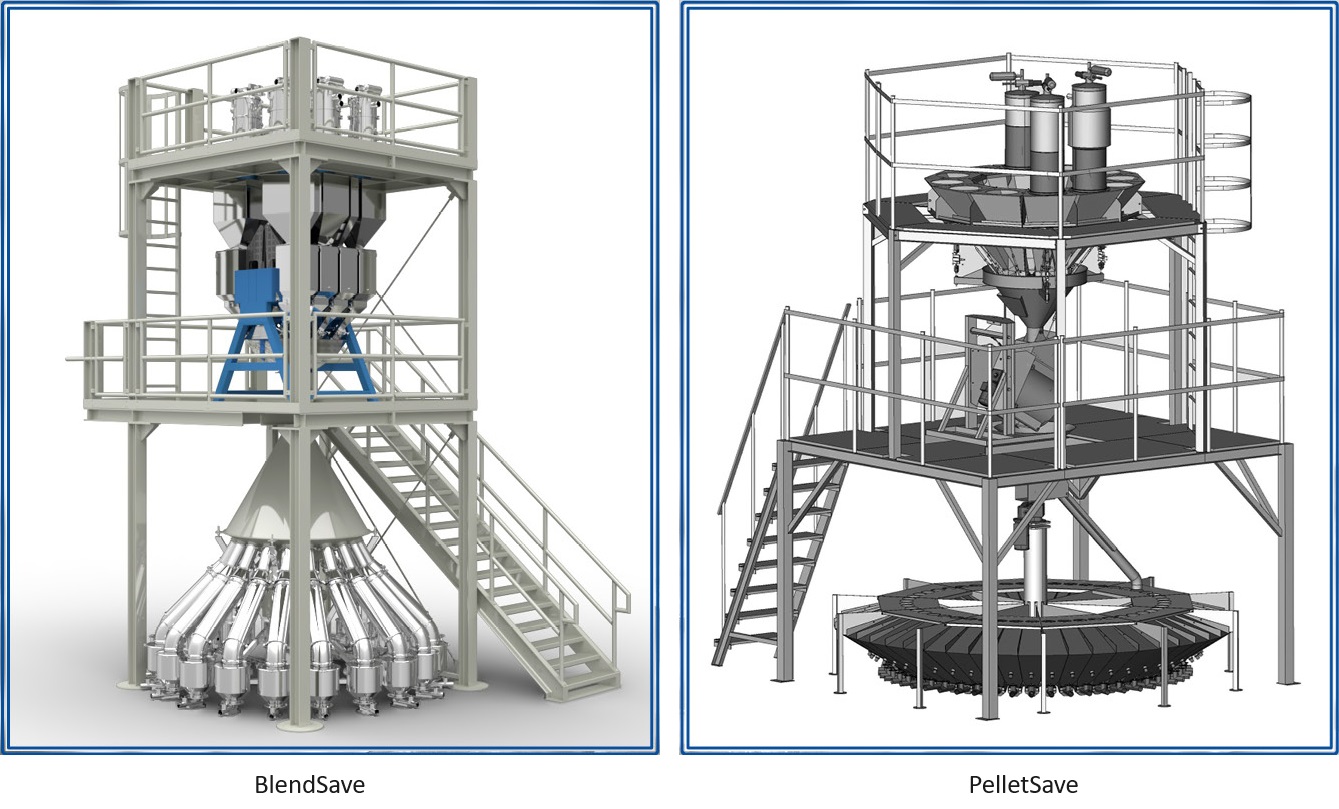
Technological development was not only in large systems but also in the field of micro-dosing, with the development of another unique feeder, protected by a patent, the ColorSave-Micro, used for dosing very small quantities, down to the level of a few color granules.
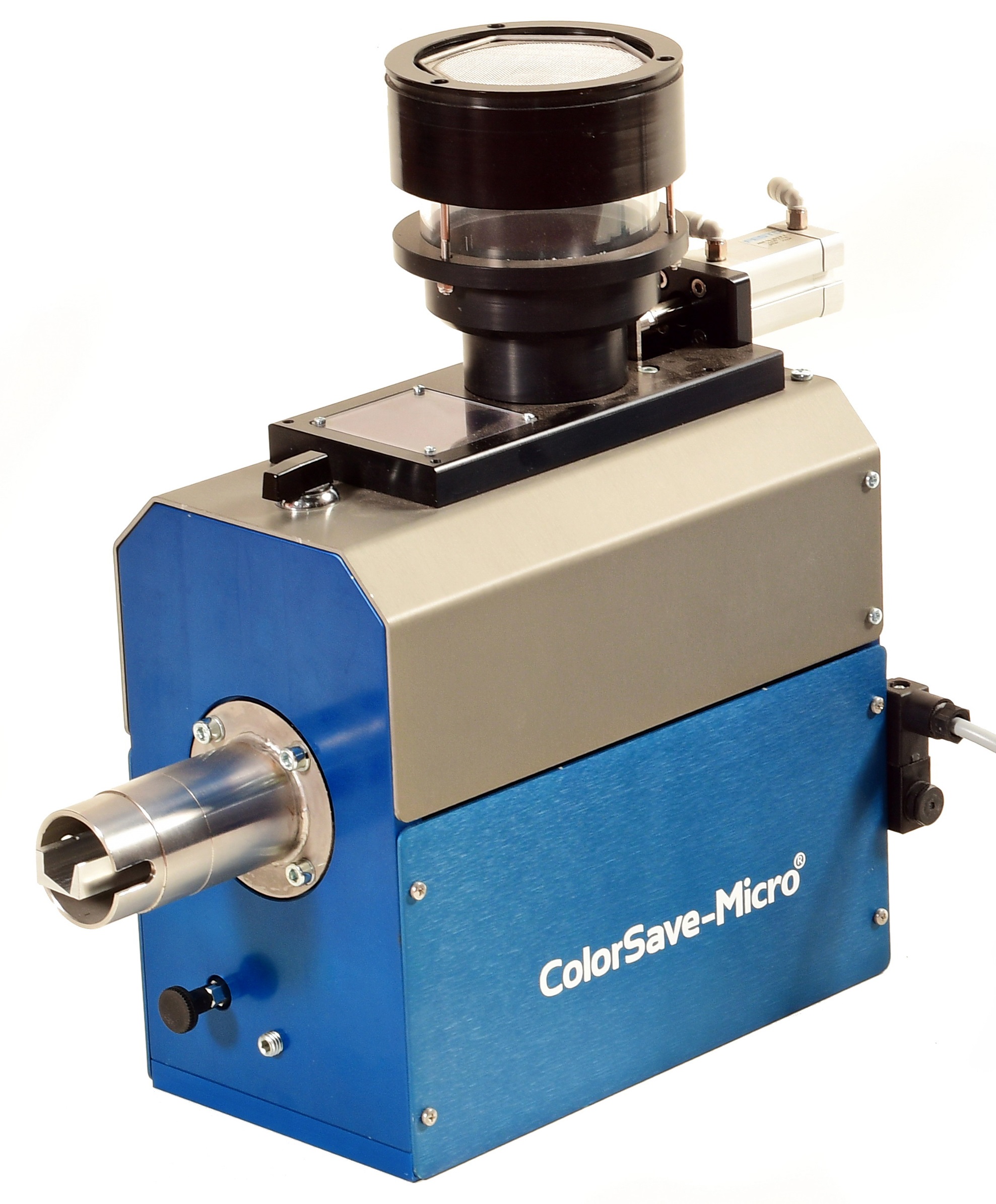
ColorSave-Micro
The expansion of our solutions portfolio also led to physical expansion, and we moved to a new and larger building in the “Teradion” industrial area.
We’ve already mentioned that for success to last, there’s a need to develop in new areas, and so in 2016, we entered another field: In-line quality control solutions that can detect minor color deviations (ΔE) of the end product relative to the standard, approved color. Following the launch of our Spectro system, we also launched the SpectroMetric system two years later. It allows not only inspection but also automatically optimizing the dosing amount by combining it with ColorSave 1000.
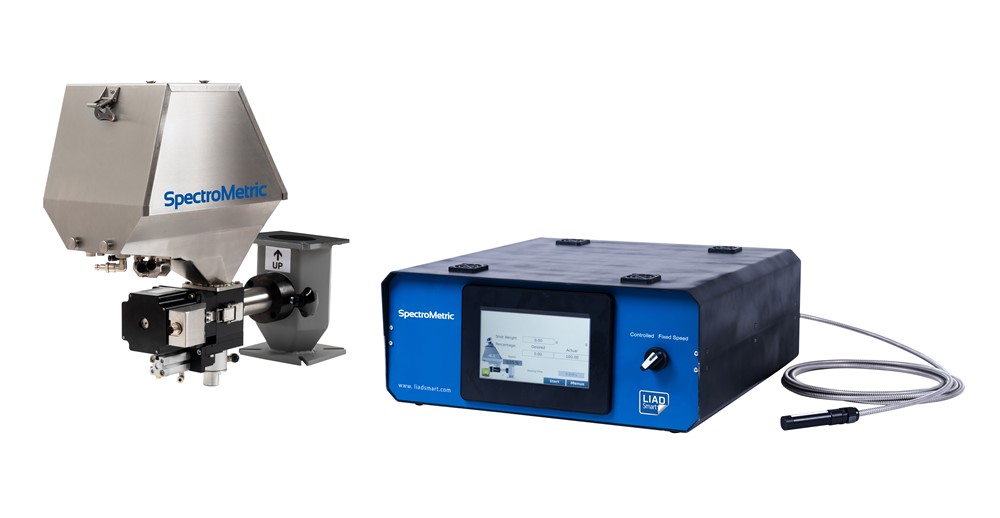
SpectroMetric
Our success and international recognition led Ampacet Corporation, a leading American masterbatch manufacturer, to acquire us in 2019. “Both companies operate in the field of color masterbatches. Ampacet manufactures them, and we manufacture the complementary equipment they need,” says Eli.

This synergy recently yielded the SpectroMetric 6 system based on our weighing and dosing equipment and Ampacet’s FluxQf mono pigments. This system automatically determines the optimal pigment combination to correct the color of a resin and PCR blend and improve its quality and repeatability, thereby encouraging an increase in the use of recycled raw materials.
Speak directly with our engineers and find ways to reduce cost, inventory and time
Request a Demo© Copyright Ampacet Corporation. All Rights Reserved